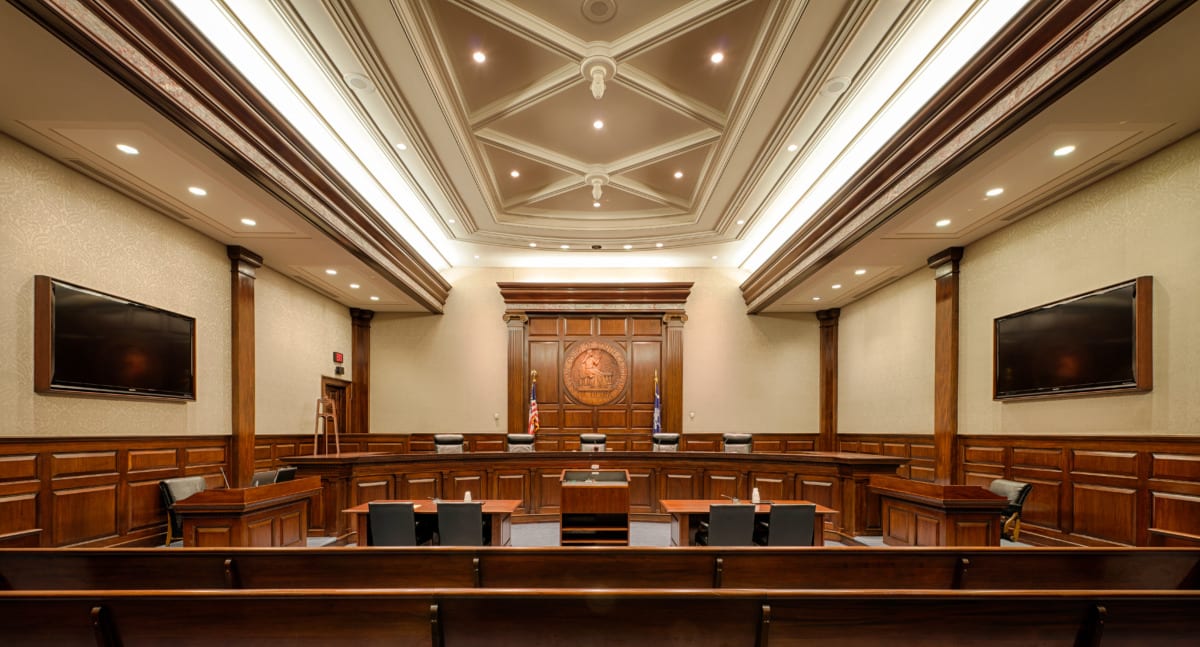Dual Experts in Child Sex Abuse Cases: The SC Supreme Court Declines Opp to Create New Rule, State v. Makins, South Carolina Supreme Court, Op. No. 28039 (filed 6/23/21).

As every SC criminal litigator knows, when child sex abuse allegations are on the table, you’re going to have to carefully think through issues relating to victim bolstering. More cases in this space have been reversed due to bolstering problems than for any other legal issue. See Briggs v. State, 421 S.C. 316, 806 S.E.2d 713 (2017); State v. Jennings, 394 S.C. 473, 716 S.E.2d 91 (2011); State v. Dawkins, 297 S.C. 386, 377 S.E.2d 298 (1989); State v. Dempsey, 340 S.C. 565, 532 S.E.2d 306 (Ct. App. 2000). It’s a persistent problem.
And instead of acknowledging that fact and using two experts to testify—one, as a “blind expert” who can relate general facts about child sex abuse and late disclosures, and two, a possible treating expert who is allowed (but probably should not be) to testify as to the limited disclosures of child abuse that are allowed by our statute—the State used one expert to testify both as a blind expert and a testifying expert. The problem with this approach, as astutely recognized by the trial court, is that the State presented one expert to testify to common characteristics of child abuse victims and also that the expert “treated” this particular alleged victim. Implicit in this set up, as trial counsel argued, is that the expert must have believed the victim or else the expert wouldn’t be treating her.
The South Carolina Supreme Court has already warned the state against doing precisely what it did in this case. In State v. Anderson, the Court stated:
The better practice, however, is not to have the individual who examined the alleged victim testify, but rather to call an independent expert. To allow the person who examined the child to testify to the characteristics of victims runs the risk that the expert will vouch for the alleged victim’s credibility.
413 S.C. 212, 218-19, 776 S.E.2d 76, 79 (2015).
Here, the South Carolina Supreme Court reversed the Court of Appeals who had granted relief to the appellant based on appellant’s improper bolstering claim. The Supreme Court deferred to the highly deferential standard of review that mandates the Court cannot reverse a trial court’s rulings unless they lack evidentiary support or are controlled by an error of law. The Court of Appeals, in its view, failed to properly apply that standard to the trial court’s rulings in this case. The Court essentially disagreed with the Court of Appeals’ conclusion that having the expert testify to the “various manifestations of child sexual abuse” which was “followed immediately” by the expert’s response that she was treating the alleged victim, implied that the expert believed the victim. The Court found no improper bolstering in this case. *9.
It is worth noting that the jury acquitted the defendant of two of his three charges. Indeed, he was acquitted of the charges that could have subjected him to a potential life sentence. Given that the child victim and the one expert were the main witnesses in this case, and the expert’s testimony was, as noted above, highly circumscribed by the judge’s concern her testimony would constitute improper bolstering, one wonders if the reason the State lost this case is because of its terrible decision to have just this one expert testify. In other words, because the State ignored Anderson (and the trial court judge did not), it put up a much weaker case than had it thoughtfully considered the bolstering implications of its strategy and brought in another expert. Who knows? But it does seem clear that the State has not grasped the implications of Anderson, and with this affirmance of appellant’s sole conviction, it does not appear likely it will do so moving forward.
